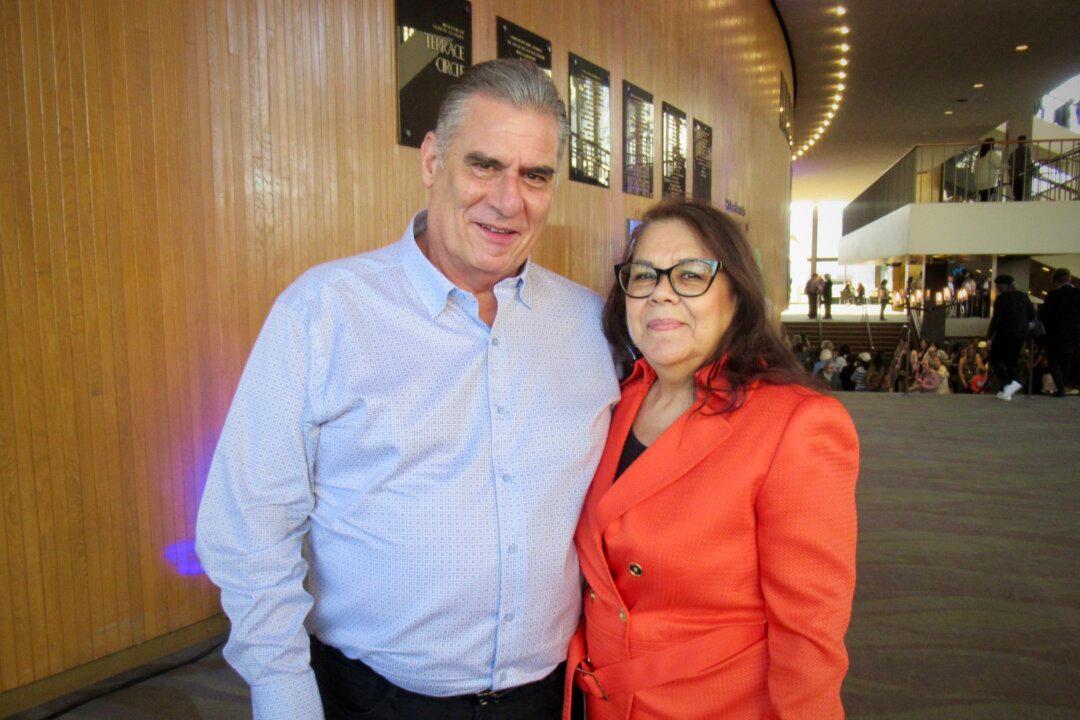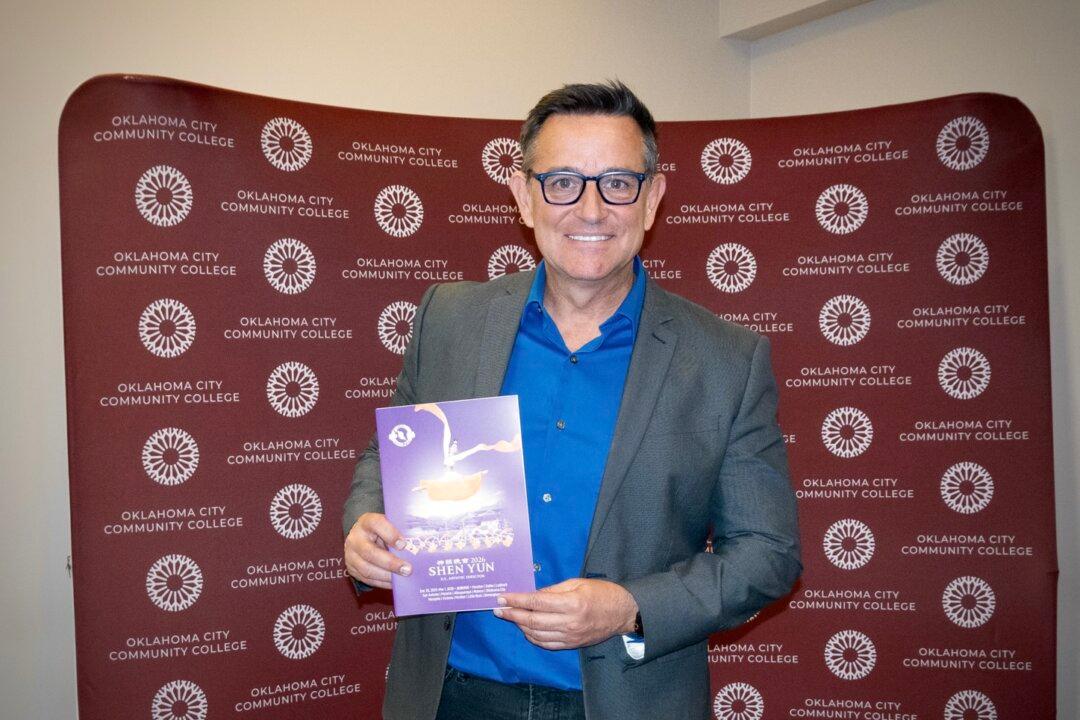A debate has erupted at Georgetown University’s Law School over late Supreme Court Justice Antonin Scalia, who recently died.
The conservative justice was a graduate of the law school, leading the school to issue a laudatory memorial announcement.
“Scalia was a giant in the history of the law, a brilliant jurist whose opinions and scholarship profoundly transformed the law,” Dean William Treanor said in the announcement, noting that Scalia had returned to the school to talk and answer questions multiple times over the years.
“He cared passionately about the profession, about the law and about the future, and the students who were fortunate enough to hear him will never forget the experience. We will all miss him.”
But two professors took issue with the announcement.
One of them, professor Mike Seidman, sent a letter to the faculty noting that he disagreed with the announcement but noting that “norms of civility preclude criticizing public figures immediately after their death.”





